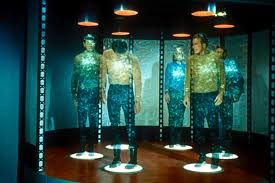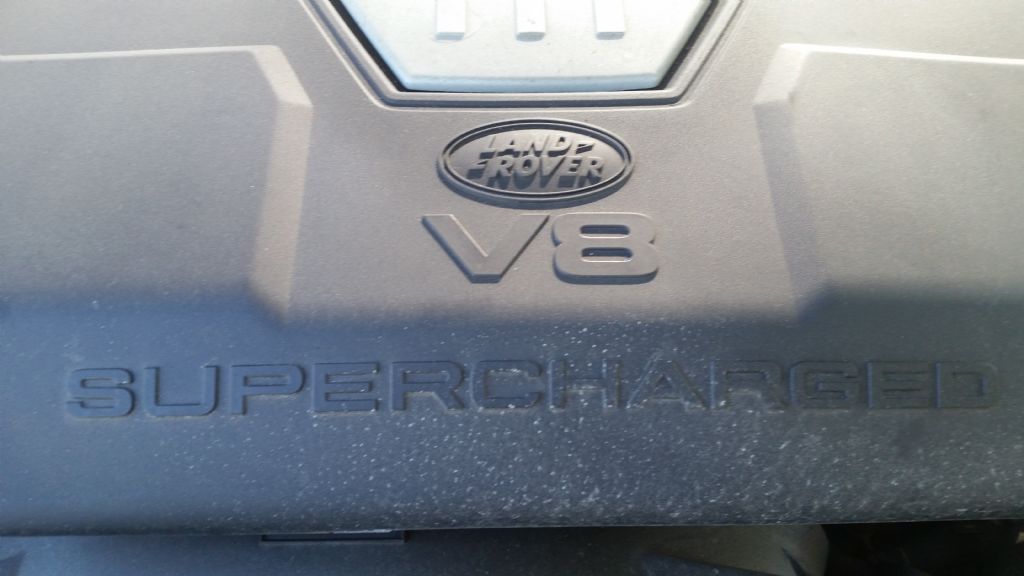You think that modern diesels are dirty?
back in the fifties when i was apprenticed to the Oil Engine Division, acceptable exhaust was "just visible". In the 60s when smoke meters such as the Hartridge or Bosch became available this was 3 Bosch, or 30 Hartridge units. No one cared about hydrocarbon emissions. The engine most revered for fuel economy in UK had an large appetite for oil, when I ran mixed fleet of buses and coaches.
One manufacturer installed rings that allowed the engine to use oil when it was first new (Delayed Action Scraper Rings). Even in the 80s the maximum limit on oil consumption was 0.2% of fuel used under test bed conditions.
Then no one worried about emissions (When we were developing F I E for an American tractor manufacturer, and said that the smoke levels were a bit high, the reply was to the effect " If it smokes, they can see where the tractor is from the homestead" Another American saying of the time was "If she ain't smoking, she ain't pulling"
This was the land where, when emissions first came in, one of the largest diesel engine manufacturers boasted of having produced a "cycle beater", because the ECU could detect the speed/load conditions matching the test cycle conditions, and would adjust settings to comply at that point.
The same country that complained about VW doing the same thing! (Not that I condone it)
It takes, even with computer simulations, nearly five years to develop an engine to a given level of power output, efficiency and emissions. And the regulations change every three years, so don't all rush to be development engineer!
The after treatment costs as much if not more than the engine, and occupies about as much space, not to mention the parts complication and software to control it.
NOx results from Nitrogen and oxygen being present at high temperatures. Because of the higher compression ration, the diesel engine will produce higher in cylinder temperatures than a petrol engine,but burn fuel more efficiently. Anyone know of a 2 litre petrol engine that can deliver 100 mpg?
A friend has a modern diesel; by setting the speed limiter to 60 mph he says that it will do 70 mpg. A turbocharged 2 litre (probably charge cooled) that well beats the economy of my 1298cc 12 year old naturally aspirated petrol, even if i stay below 60 mph, and use engine braking to save fuel.
Combustion of any hydrocarbon fuel will produce carbon, (Complete combustion, without NOx, only takes place in Utopia). Petrol engine exhausts get a coating of soot; in the old days the white coating was lead overlaid on the soot. (Anyone recall the smogs of the 50s and early 60s?)
Hence, all engines produce particulates. The dangerous ones are the 10 – 20 micron size. Above 20 micron, your nose should trap them, below 10 micron they are carried in and out as you breathe.
If you want to see a dirty exhaust, look at a cross channel ferry whilst it is in dock; the on board gen sets appear to be well round the loop, for maximum power.
And as for the bunker fuel that goes into the main propulsion engines, that used to be horrendous stuff, high sulphur content and had to be heated before it would flow, let alone burn.
Lastly, don't expect either politicians or newspaper journalists to know anything much about engineering. Both thrive on knee jerk reactions, and headlines! Remember, Don't let the facts get in the way of a good story, forget the lobbying of vested interests.
Howard
not done it yet.












